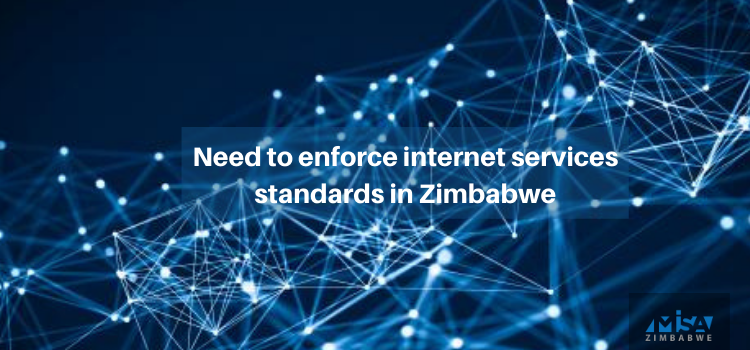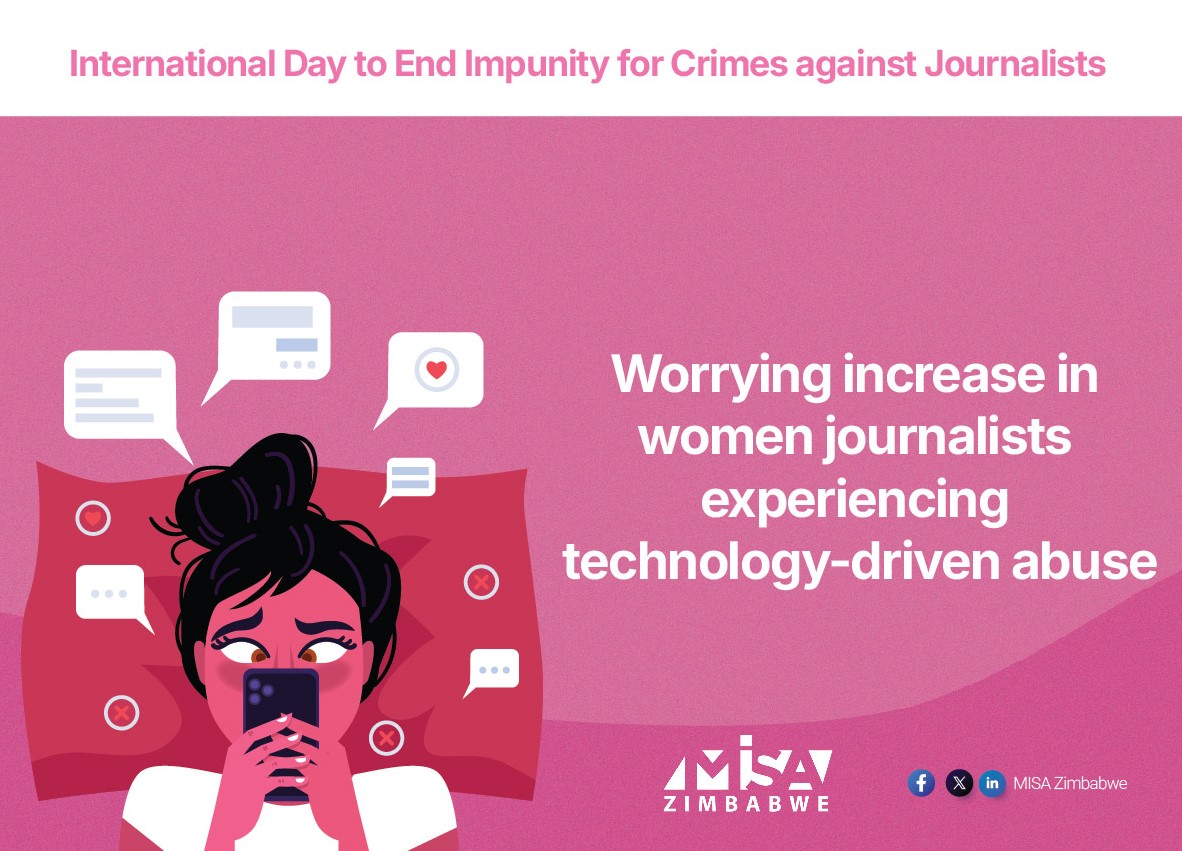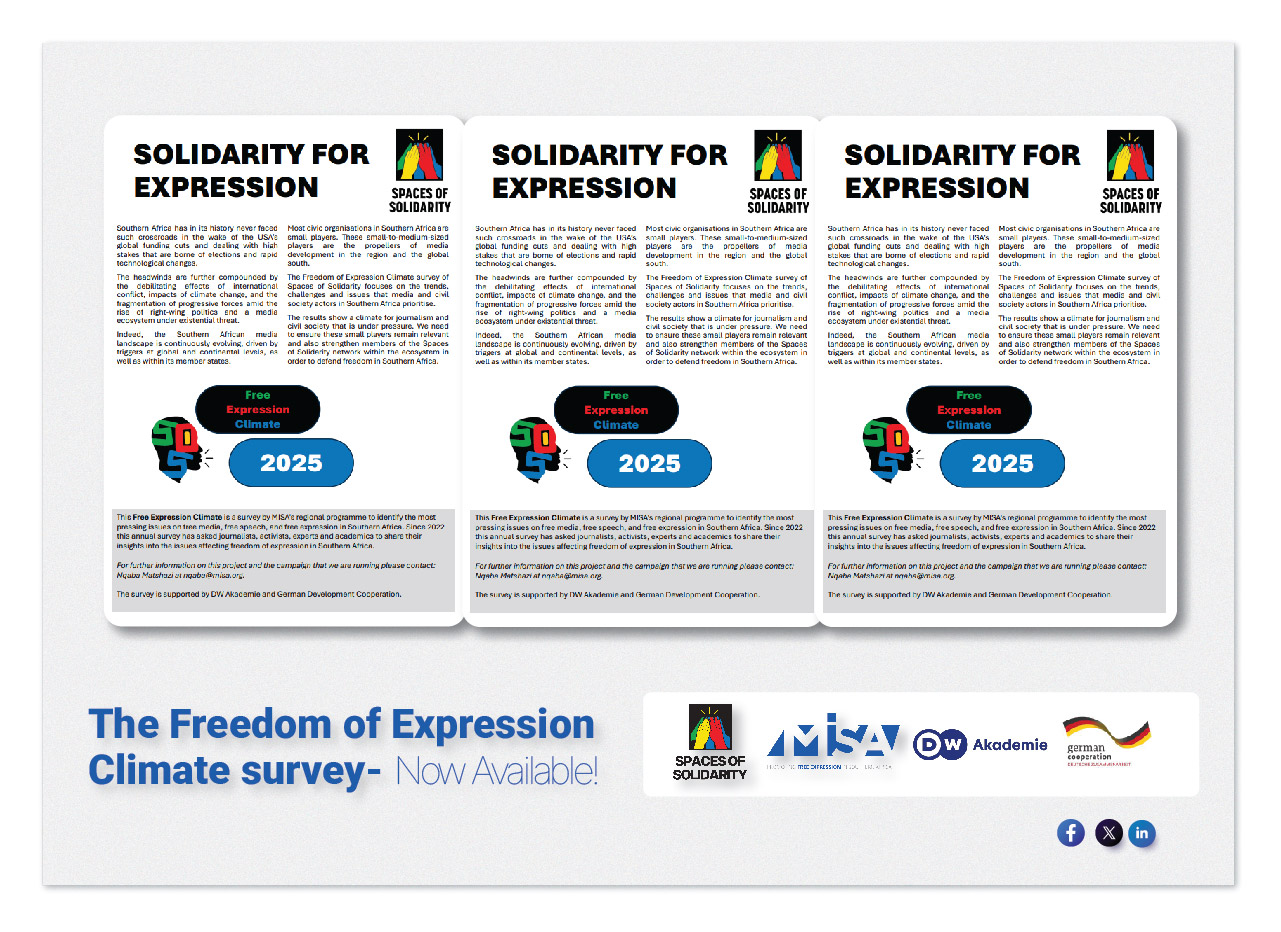On 9 December 2020, consumers and internet users nationwide struggled to access internet services as one of the biggest internet services provider ZOL Zimbabwe’s system was not working.
The company issued a statement which read: Kindly note that we are currently experiencing a network challenge that has resulted in some customers failing to access the internet and/or their emails… Our engineers are working to rectify this as soon as possible…
This was one of the most widely felt disruptions of internet service platforms since the 2019 national internet shutdown. Yesterday’s disruptions have far-reaching implications on the provision of downstream services.
In Zimbabwe, the ability to access critical services such as healthcare, education, banking and commerce can literally depend on the reliability of the internet at all times, and the broader business online in the age of the global pandemic, COVID-19.
Since the outbreak of the pandemic which limited face-to-face meetings, the majority of organisations are performing their business online.
In 2016, the Minister of Information Communication Technology, and Cyber Security issued the Postal & Telecommunications (Quality Services) Regulations. These quality service regulations apply to the quality of voice calls, SMS, Internet and mobile data, customer services, and postal services.
It is not enough for both Internet Service Providers (ISPs) and Mobile Network Operators (MNOs), to blame system upgrades for prolonged interruptions of internet services.
ISPs should uphold internet services standards to ensure that disruptions of internet services are minimised, and consumer rights are protected while engaging on the platforms available.
Hence the need to enforce the regulations on the quality of internet services in Zimbabwe, which include ensuring the availability of services all the time.
As Zimbabwe, as is the case with rest of the international community, grapples with containing the spread of the deadly COVID-19 pandemic, network resilience and responsiveness becomes a strategic national issue.
Accordingly, the Postal and Telecommunications Regulatory Authority of Zimbabwe (POTRAZ), second-quarter 2020 industry report noted:
The COVID-19 pandemic has demonstrated the critical importance that telecommunications infrastructure plays in keeping businesses, governments, and societies connected and running. The sector has been critical in keeping the economy running under lockdown restrictions by providing business-critical connectivity and resilience, facilitating work-from-home arrangements, e-banking, e-commerce, as well as keeping individuals and societies connected and informed, with access to essential services during mandated social isolation.
As a result, many telecom players providing broadband have benefitted from a surge in the traffic of data as shown in this report…
The need to ensure the enjoyment of internet services at all material times is further provided for by the Declaration of Principles on Freedom of Expression and Access to Information in Africa which states in its preamble:
The exercise of the right to freedom of expression and to access information using the internet are central to the enjoyment of other rights and essential to bridging the digital divide.













